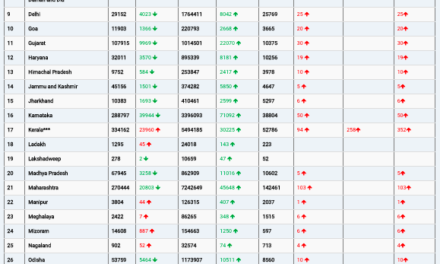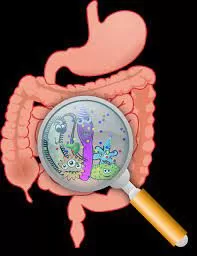September 4, 2024 – A groundbreaking study released today reveals that Green Social Prescribing (GSP), which encourages people to engage in nature-based activities, significantly improves mental health outcomes. The research, conducted by the University of Exeter in collaboration with the University of Sheffield, Sheffield Hallam University, and the University of Plymouth, highlights the potential of GSP to enhance happiness and reduce anxiety.
Published by the Department for Environment, Food & Rural Affairs (Defra), the report underscores the effectiveness of GSP in addressing and preventing mental ill health. GSP involves supporting individuals with mental health challenges to participate in various nature-based activities such as conservation projects, horticulture, gardening, and outdoor exercise. Referrals typically come from GPs, community mental health teams, or social workers, though self-referrals are also encouraged. Social Prescribing Link Workers and other trusted professionals facilitate connections between participants and community groups for both practical and emotional support.
Professor Ruth Garside from the European Centre for Environment and Human Health at the University of Exeter, noted, “Our findings are significant because they provide evidence that Green Social Prescribing is an effective way of supporting people with their mental health. However, this is just the beginning. Further government investment is needed to support the leadership and systems change required for Green Social Prescribing to be fully successful. Policymakers must continue to understand community needs and enable diverse populations to connect with nature.”
The study involved 8,339 participants from seven GSP Test and Learn pilots across England. The project reached a diverse range of individuals, including children and young people under 18, ethnic minority populations (21%), and those from socio-economically deprived areas (57%).
Participants reported notable improvements in their well-being. Before participating in nature-based activities, their levels of happiness, anxiety, life satisfaction, and sense of life’s worth were below national averages. After engaging in GSP, these indicators aligned more closely with national averages, with significant improvements in life satisfaction and perceived value of life.
Feedback from participants highlighted the positive impact of GSP. One participant shared, “After the group, I feel joyful, happy, and calm. I have a sense of achievement and I feel my well-being increasing. I look forward to attending.” Another noted, “It works better than medication for me. It works better than CBT for me. My counseling is valuable, but this is on par with that.”
With an average cost of £507 per participant, the study found GSP to be a cost-effective alternative compared to other interventions like Cognitive Behavioral Therapy (CBT), behavioral activation, and early intervention for psychosis.
Marion Steiner, a GP in Bristol and member of the Bristol, North Somerset, and South Gloucestershire Test and Learn Pilot Site project board, commented, “Connecting with nature is a lifelong resource with proven benefits for mental and physical health. GSP addresses personal, social, and cultural barriers that many patients face, potentially reducing NHS treatment costs and mitigating a range of health issues from diabetes to depression.”
Dr. Annette Haywood, Head of the Public Health Section at the Sheffield Centre for Health and Related Research (SCHARR) and Principal Investigator of the study, expressed enthusiasm about the findings. “The evidence supporting the positive impact of nature and outdoor activities on mental and physical health is growing. This report reinforces that nature-based activities are a cost-effective method to support individuals with various mental health needs.”
For further details, the full report is available at Defra’s Project Evaluation Page.












